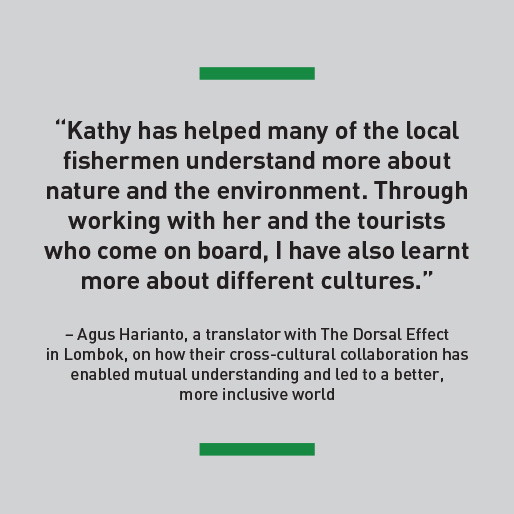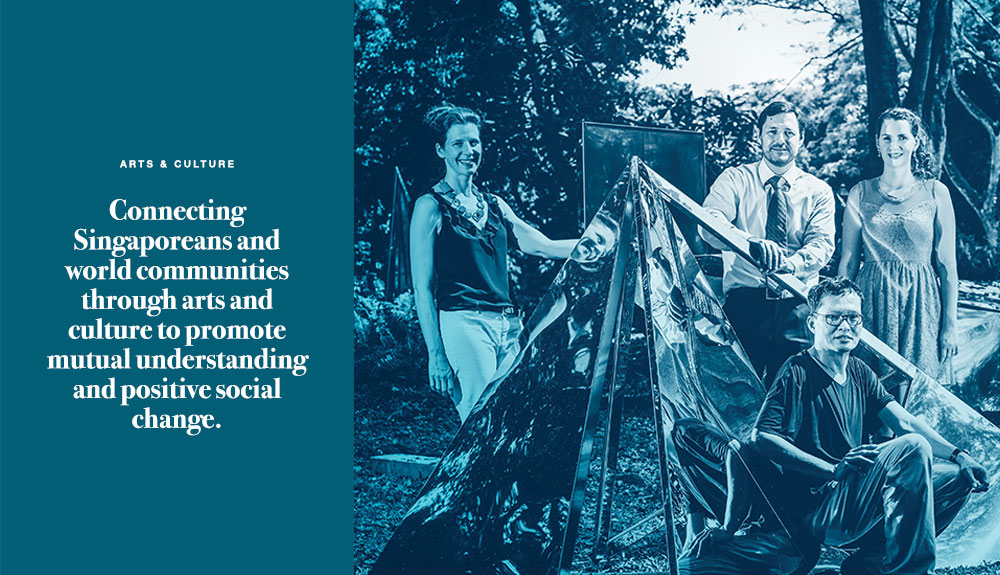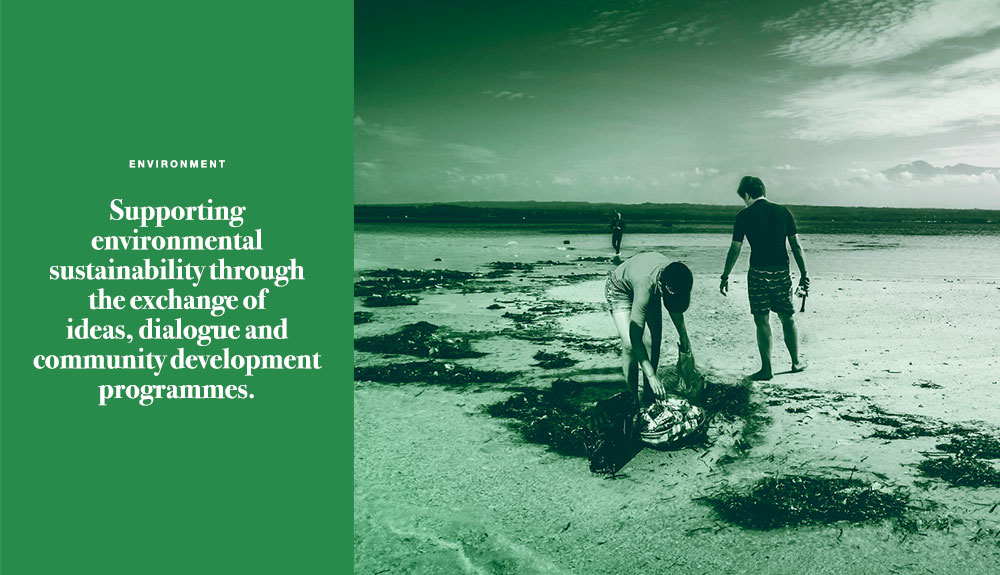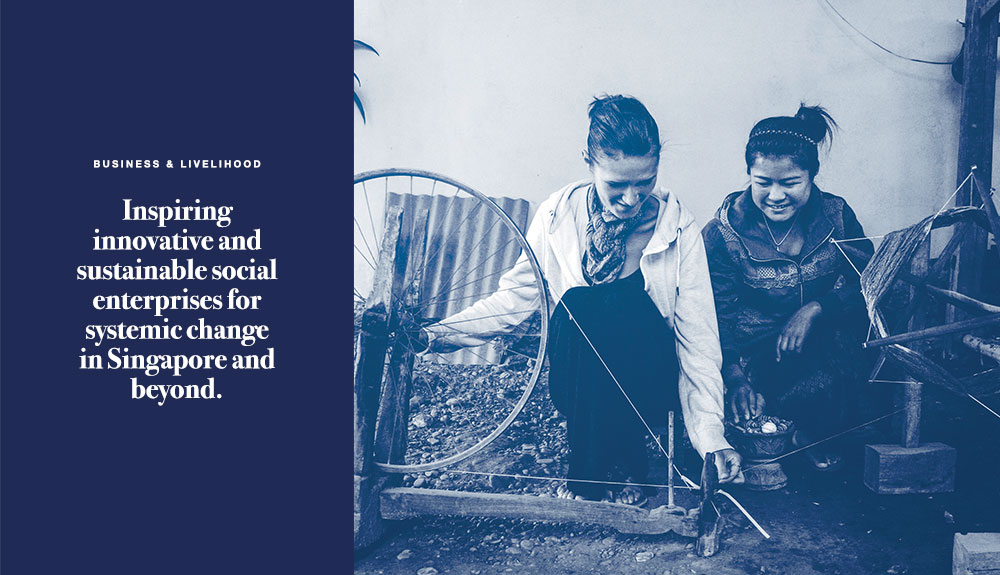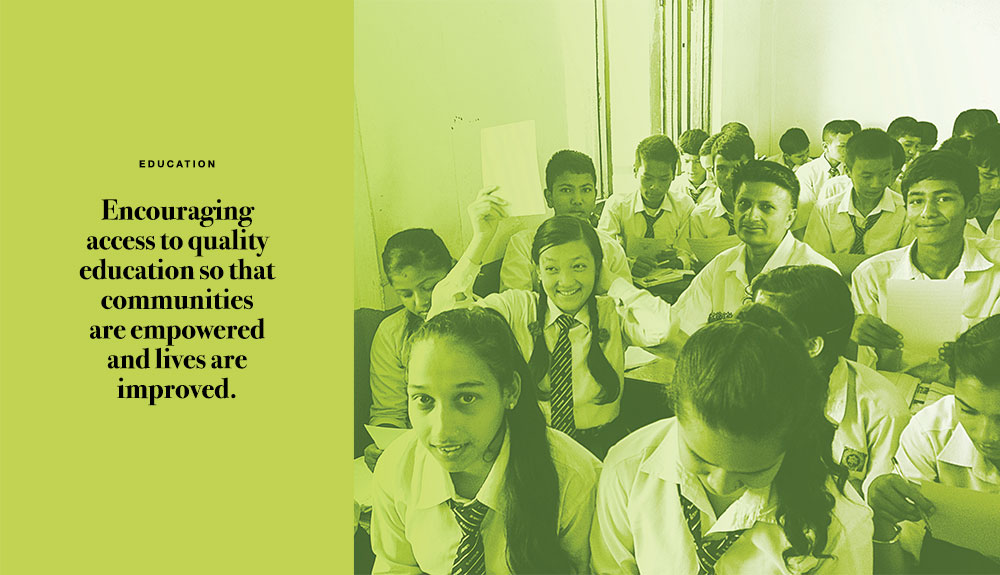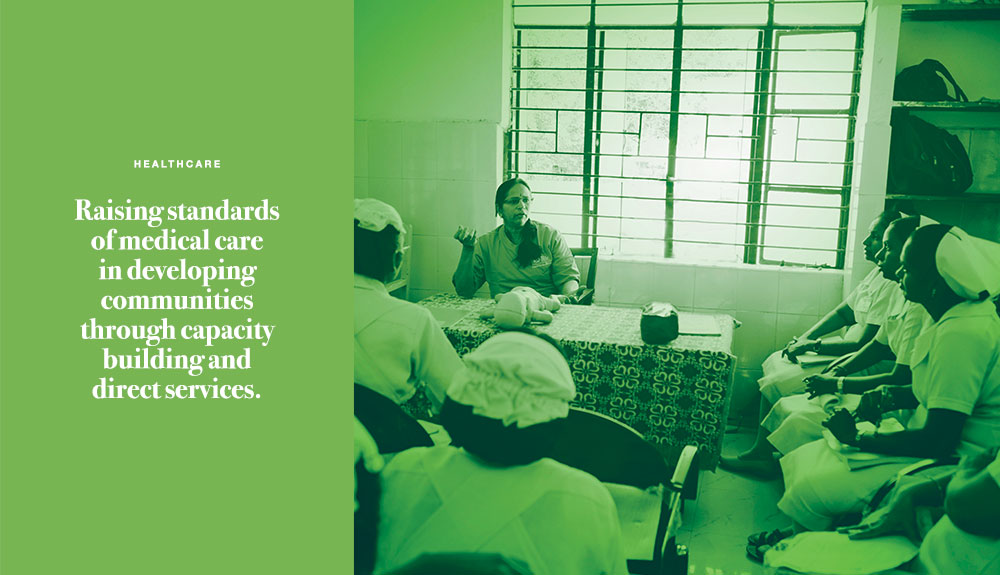
Kathy Xu set up The Dorsal Effect, offering eco-tourism as an alternative livelihood for shark fishermen in Lombok, Indonesia. Her social enterprise was one of four winning teams from the Singapore International Foundation’s (SIF) Young Social Entrepreneurs (YSE) programme in 2013. The 34-year-old former teacher shares how she has helped to bridge cultures and improve lives in her fight to save the environment.
1 You were a teacher for seven years before deciding to pursue your passion full-time in 2013, advocating for the protection of sharks. What inspired you to take the plunge?
As an avid diver, I’ve had many encounters swimming with sharks. My first was with a whale shark off Ningaloo Coast in Exmouth, Australia, in 2011. I saw up close how beautiful and graceful it was, and I was determined to commit my life to changing people’s perceptions about sharks being scary creatures. I also wanted to see if I could do it as a living rather than as a volunteer. After talking to shark fishermen in Lombok, I realised that eco-tourism could be an alternative source of income for them. I’d be helping the local community and the oceans.
The decision to quit teaching wasn’t difficult because I’d always been talking to my students about why they should do more conservation work, and it reached a point where I felt like a hypocrite if I was just talking and not doing anything. But the transition wasn’t smooth because I had no experience in starting a business. In the beginning, there were challenges, such as educating the fishermen and making sure that my local contact knew exactly what I was talking about.
One of my biggest difficulties was in sales and marketing because I didn’t know how to amplify my message and get more people to take part. I was, and still am, constantly struggling to balance the commercial aspect of the business with making sure that we don’t ever hurt the environment through tourists leaving litter behind or the boatmen unwittingly damaging the corals.
2 How did being one of the winning teams in the 2013 YSE programme help to strengthen your cause and what impact did you make on the ground?
The recognition gave me confidence to push on and encourage myself that I was on to something worthwhile. I met mentors who broadened my networks and gave me valuable advice, such as writing a proper business plan and thinking of factors like long-term sustainability.
Using the skills I had learnt from the SIF’s YSE programme, in 2013, I garnered the support of a local fisherman, Suhardi, to join me. Singapore schools started coming on board in 2014 and I began to organise more trips for their students. By then, my friendship with Suhardi had grown and together, with his help and connections, we convinced other local fishermen to join us.
It wasn’t easy. I had to persuade them of the importance of environmental sustainability. I also had to learn to understand their lingo and culture. But Suhardi had such a positive attitude that we won them over, sharing that eco-tourism was more fun and lucrative than hunting sharks. They can spend more time with their families and the work is not as backbreaking or dangerous.
3 What impact has your snorkelling and beach-hopping boat trips had?
So far, about 300 tourists and students have gone on boat trips with me. It’s gratifying when you see the impact these trips have on visitors. They start to question where their food comes from. Usually, the day they visit the fish market and see the sharks being caught and hauled up is the day they decide to go vegetarian. They start thinking on a larger scale about climate change as well. My aim for all is to feel that connection with nature, something many city-dwellers have lost.
4 What was most satisfying about working with the local fishermen for your social enterprise?
Suhardi has helped me so much in reaching out to the fishermen. After two years of working together, I can see how enthusiastic and involved he is in making sure that the tourists have fun, are comfortable, and learn about Lombok and the environment. Participants also help to pick up trash but if the trash is too deep in the water, he free-dives deeper than anybody else to pick it up so they don’t have to go to that extent. He always drops his anchor on sandy bottom, so that corals are not harmed. He goes out of his way to spruce up his boat for the tourists. He has even made curtains so that it doesn’t get too hot. It’s heartening and inspiring to see how our connections have led to so many tourists being educated.
I also work with Agus Harianto, a local snorkel guide and translator whom I met through a friend when I first came to Lombok. He is my right-hand man in ensuring smooth operations and communications with the fishermen. The greatest outcome from our friendship was the success of The Dorsal Effect and the positive difference it has been making to the environment. It really shows the power of working collectively for the good of the world.
5 What have you discovered about local communities from different countries connecting for good?
When I conduct marine conservation trips for schools, the students from Singapore and Lombok get to interact and learn about one another’s cultures, make friends and, together, we all learn about the environment. Trash we throw in Singapore may just end up in Lombok and that’s the reality of the oceans. We realise how much we have in common and how interconnected we are.
6 How would you encourage Singaporeans to be an active citizen of the global community?
If you believe in something, don’t ever give up. The journey will be hard and what you need is humility and resilience. But if it’s for a positive cause, the outcome and satisfaction you get will be more than worthwhile.

